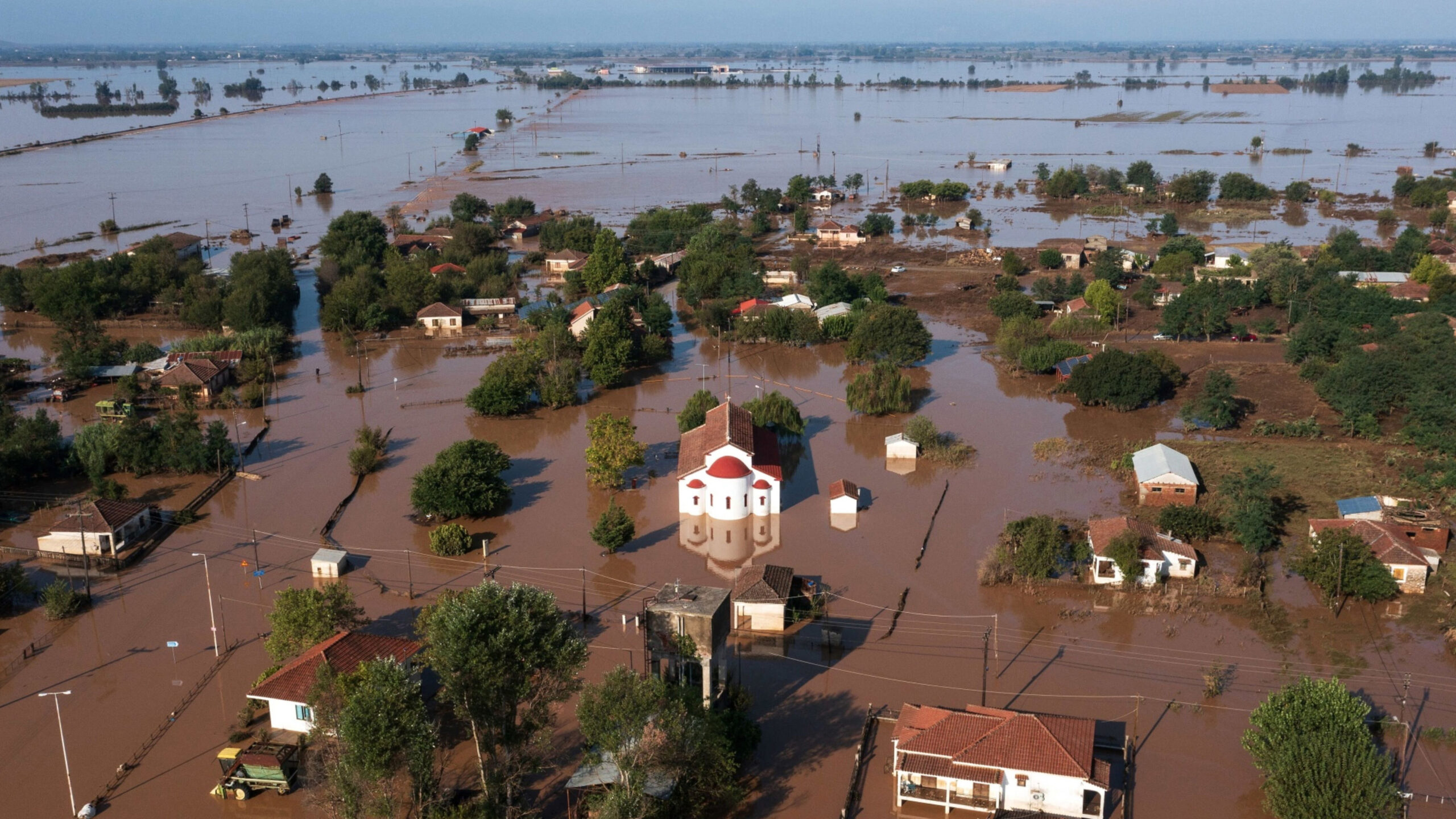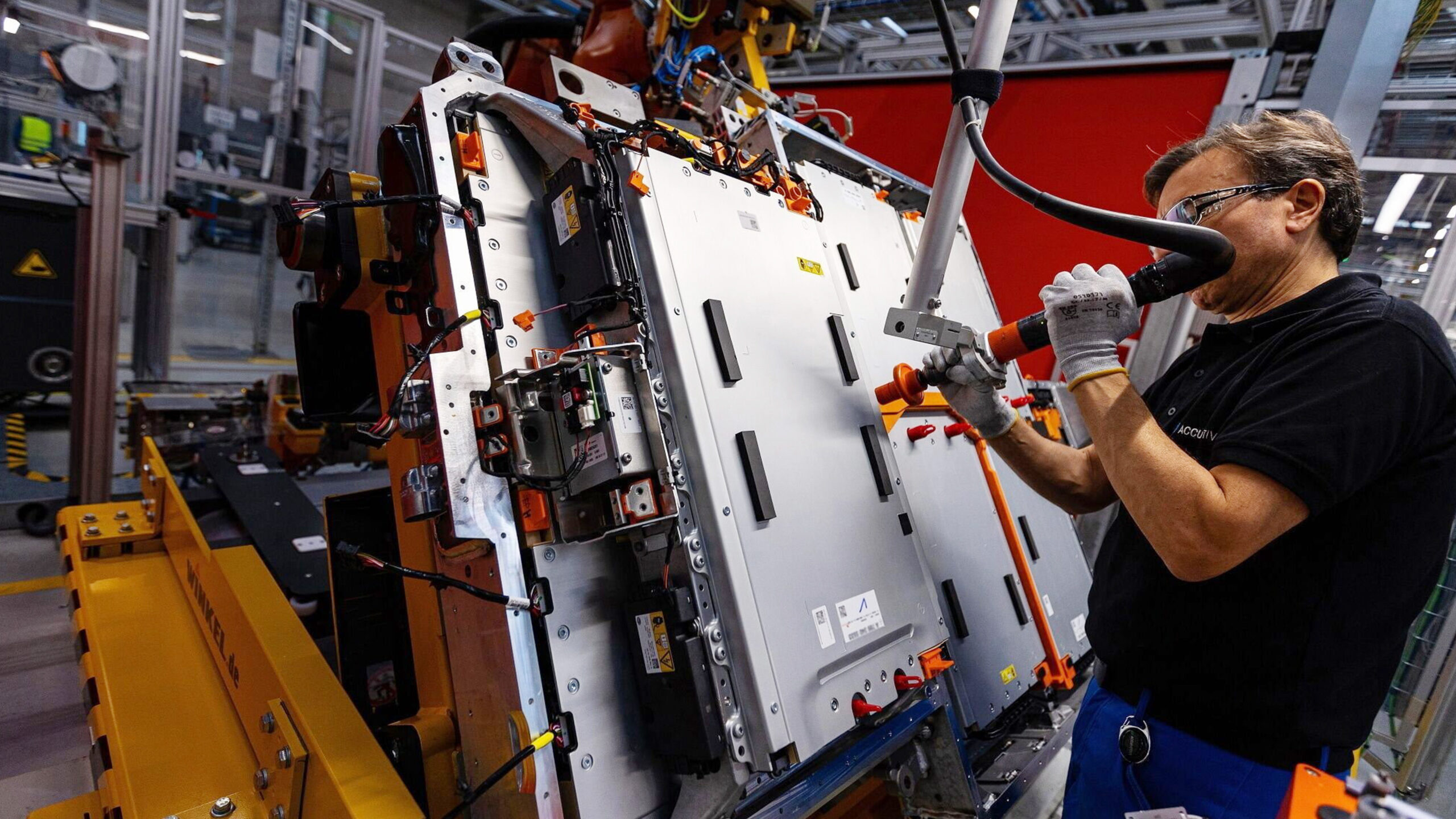
Policymakers urged to act as S&P forecasts 4 per cent GDP hit from climate change

Despite growing evidence of long-term economic consequences, investors are concerned about lack of stronger regulatory action.
Climate change could wipe 4 per cent off global economic growth by 2050, according to research by S&P Global.
The rating agency’s work on the impact of rising sea levels and more frequent extreme weather events revealed that emerging economies were more likely to suffer a greater economic loss than richer countries. This emphasised the need for significant international support for poorer countries, S&P Global government credit analyst Roberto Sifon-Arevalo told Reuters.
The research is just part of a mounting body of evidence of the long-term economic impact of climate change. Last year, a group of UK universities found that the effects of a changing climate could lead to credit rating cuts for more than 60 countries.
However, according to investors, the findings in isolation were unlikely to have a major impact on policymakers. Nazmeera Moola, chief sustainability officer at asset manager Ninety One, said the timeframe was “too far away for people to process”, despite the clear appetite of the public and investors for the issues to be addressed.
Industry influence
“Policymakers around the world are all too aware of the perils of climate change but are unfortunately too heavily influenced by rent-seeking behaviour from the industries that cause the most harm,” said Peter Bachmann, managing director of sustainable infrastructure at UK investment boutique Gresham House. He pointed out other aspects of climate change that might not have been included in S&P Global’s study, such as biodiversity and enforced migration, and said these effects had “not been properly reflected in public policy”.
Antoine Rostand, president and CEO of climate data firm Kayrros, agreed, adding that politicians were more likely to react to public pressure without a long-term focus on climate impact. “Climate policy will only change when the incentives outweigh the perceived political risk of acting. Hopefully, the S&P Global findings will push leaders to coordinate decisive efforts around science, rather than falling back on empty gestures that minimise risk to [their] party,” he said.
Kate Rogers, head of sustainability at Cazenove Capital, said a “significant transformation” was needed globally to adapt to “a more sustainable growth trajectory”. She added: “For a global problem like climate change, we clearly need an urgent global response, but populations and businesses in emerging markets are likely to bear the greatest burden and will need the most policy action and support.”
Ninety One’s Moola said climate change effects were “not always going to show up in ways that are predictable”, making it harder to establish long-term policies: “For example, South Africa on those long-term trends is vulnerable to drought. But what we saw happen this year, for the first time in my living memory, is massive floods in [South African province] KwaZulu-Natal.”
Lack of faith
This month, research company Ipsos reported that, while the impact of climate change was a concern for many people, there was a lack of faith in policymakers to take the right action or collaborate effectively to solve environmental issues.
Ipsos found that 68 per cent of individuals it surveyed earlier this year were concerned about climate change’s impact domestically, and 70 per cent were concerned about its effects overseas. Less than two in five (39 per cent) believed their government had a clear plan in place to address climate change. The survey gathered the views of about 25,000 consumers across 31 countries.
Pippa Bailey, head of UK climate change and sustainability practice at Ipsos, said the findings showed that most respondents “placed responsibility firmly on governments, but only a fraction were aware of the actions already being undertaken”.
Similar Articles

In Charts: Canada, Japan, South Korea ‘blocking clean energy transition’ with fossil fuel finance

In Charts: Build climate resilience into infrastructure financing, says OECD


